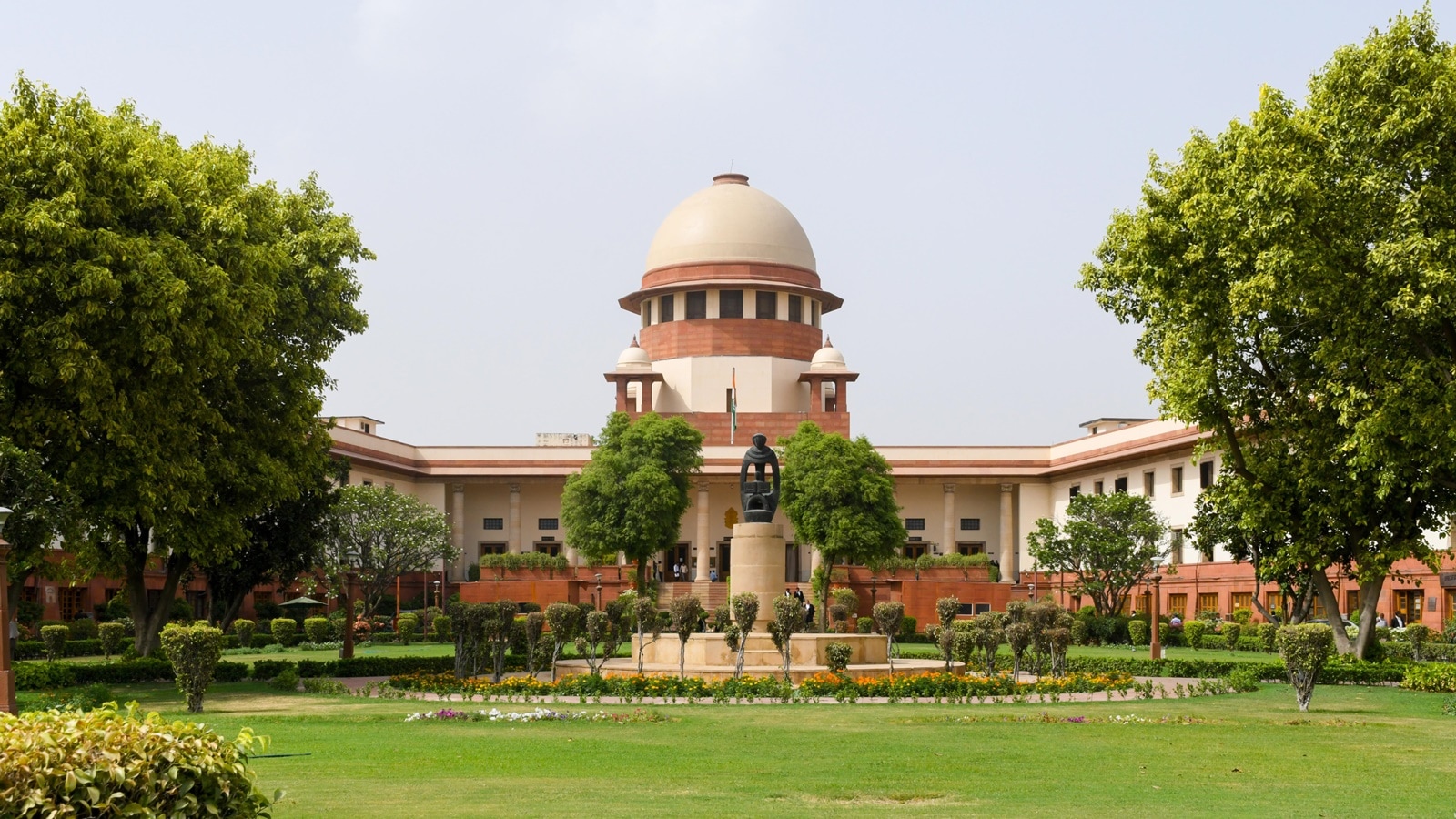
By K Raveendran
Confidentiality versus anonymity is a central issue in the consideration of the petitions against the electoral bond scheme as it exists today and may well have a bearing on the verdict by the five-member constitution bench under Chief Justice D Y Chandrachud, which has reserved the judgement.
The petitioners, who include the Association of Democratic Rights (ADR) and the CPI-M have argued that the scheme allowed ‘non-transparency in political funding’ and as such legitimised electoral corruption at a large scale.
In 2019, a bench led by the then Chief Justice Ranjan Gogoi had refused to stay the scheme on the ground that ‘such weighty issues would require an in-depth hearing’ but directed all political parties to submit details of donations, donors, and bank account numbers in a sealed cover to the Election Commission. In a continuing struggle, the opponents of the scheme approached the Supreme Court multiple times to seek a stay. But a bench led by the then CJI S A Bobde once again refused a stay in 2021, and the present petitions were filed in response to that decision, pleading for early hearing so that there is a decision before the 2024 Lok Sabha elections.
Last month, a bench led by Chief Justice D.Y. Chandrachud, with Justices JB Pardiwala, and Manoj Misra referred, referred the case to a five-member constitution bench after noting the ‘importance of the issue’, which has since held three days of hearing of pleas by all parties involved and reserved its judgment.
The petitioners have argued that the electoral bonds scheme increased corporate funding, black money circulation, and corruption and that the voters have a right to information about political parties’ source of funding, as it informs the policies and views of that party. The Union government, however, contended that the scheme was designed to guarantee confidentiality and the right to privacy of the donors, who were otherwise exposed to retribution from political parties that they didn’t fund.
The opponents of the bonds are lamenting the elimination of transparency in electoral funding, making it impossible for the Election Commission and the citizen to know the source of the flow of funds to political parties. Also objected to is the elimination of companies’ internal disclosures of political donations, making shareholder and regulatory oversight impossible. They assert that the new scheme has put in place an asymmetrical information regime, where the only entity, other than the donor and the party, with knowledge of the funding is the State Bank of India, which in effect means the central government.
A persistent criticism about the new scheme is that it has reopened the cash channel, by making donations to political parties of up to Rs 20,000 not liable to be reported. And the political parties are not required to disclose whether they received the funding in that lot or lesser amounts. For the purposes of tax exemptions, parties are likely to show the receipts in smaller bands, thereby ensuring that the availability of cash to political parties or the ability of individuals to give cash to political parties has increased. At one stage, the Chief Justice observed that a cash-based scheme and unaccounted scheme proceeds on anonymity.
The petitioners point out that while the government says the objective was to limit black money or cash money coming to political parties or to reduce it, cash donations have not been choked off. Electoral bonds were introduced because many individuals or companies do not want to be known that they are the donors to these political parties because they fear victimisation. The judges acknowledge, however, that change has ensured that the accounted transactions have been brought under the normal bank funds.
But the bond opponents assert that this is no big deal. Even the RBI has gone on record that the object is to make political funding go through banking channels, there are existing instruments of cheques, drafts, bank transfers, etc. which are available. This makes the need for anonymous instruments redundant.
It has been argued on behalf of the bond opponents that the electoral bonds are meant for a political party to be in power in perpetuity because the amount of money collected through these means will empower that party through capital to influence everything. This is the most unconstitutional, undemocratic, unfair scheme that destroys the very basic structure of the Constitution. (IPA Service)
The post Electoral Bond Verdict May Ultimately Hinge On Confidentiality Versus Anonymity Debate first appeared on Latest India news, analysis and reports on IPA Newspack.


